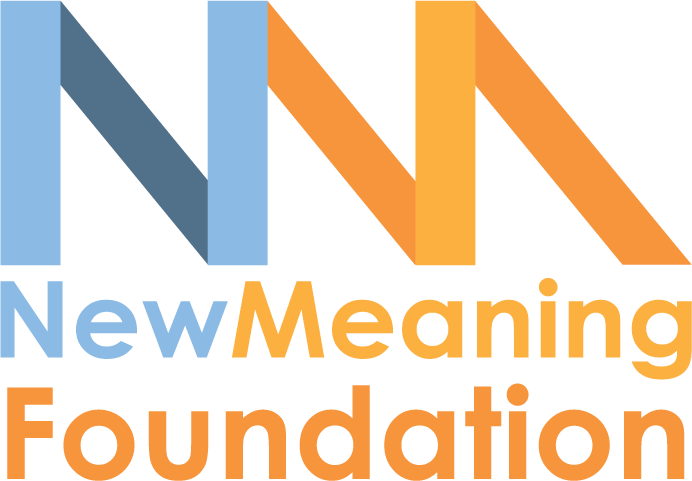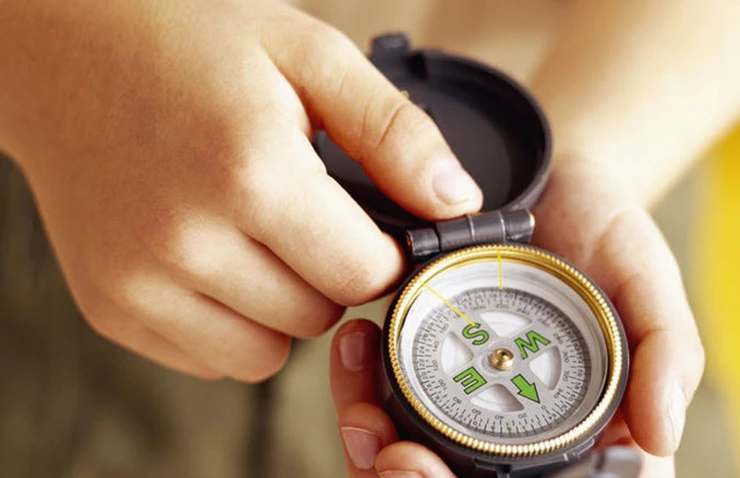In 1994 I suffered a personal and family tragedy. My mum died at what still feels like a very young age, 51.
I was in the UK at the time and received a call from my father at my flat in East Finchley, London. It was Easter Monday and a friend and I had just experienced a few fantastic days biking around Dartmoor and Exmoor. That weekend was such a contrast, leaving the beauty of the Exeter Coast for the horror of someone so close dying. I can still vividly remember the initial part of the call, my father and I actually had a few minutes of small talk. I think my dad was still in shock and perhaps unconsciously hoping he was in a bad dream and mum would awaken and give him one of her radiant smiles. When he eventually told me I went off on the wrong track. He said “Kay had died” and I immediately thought of my cousin Kay and was about to ask how when something inside me changed. I sensed that Dad meant another Kay and this was clarified as he continued to talk about how he had come home from picking a colleague up at the airport, noticed mum had not drunk her tea and went to check on her to see if she was feeling unwell. I will never forget his words – “I walked upstairs and near the top looked across and into our bedroom, Kay was lying on her side facing me with a smile on her face but I knew that something was wrong”.
Two significant thoughts literally struck me (or popped from my unconscious) during the days following mum’s death. Within 48 hours I was back in NZ and drawing from an activity that has always helped me manage or even alleviate stress – running. My route took me along some of Auckland’s wonderful waterfront bays; I was trying to process the last 48 hours of my life and connect with what I had experienced since Dad’s call – what did it all mean? I was, to say the least, in an extremely jetlagged state. While running a thought popped into my mind, “Mum had a smile on her face so she must have liked where she was going”. I latched on to this interpretation (what I now term personal meaning) and it has stayed important to me ever since, significantly impacting all my future plans and actions. I didn’t need proof of where she went and I don’t look for it now. I don’t expect to discover some profound truth or want to bring mum back. As far as I am concerned finding such proof simply isn’t an important part of mum’s story or legacy. It wouldn’t add to the meaning of her life.
This thought was followed by another thought a day later when I was running again: “you can’t remain sad about this David, it is your mum who has lost out and who will miss out; how would she want to be remembered?”. This second thought (meaning) had even more impact than the first one. At the time it fuelled me with a sense that I must find a way to celebrate mum for the rest of my life. To honour what she stood for and to always remember one of her most consistent messages – “be the best you can at whatever you do”. This was actually slightly tailored for me when I was caught shoplifting at aged 13 and became “be the best you can at whatever you do ….. as long as it is legal!” (This was generally followed by a hard, Paddington bear like stare).
My entire pathway of experiences since my mum died has been influenced by the two meanings above. The associated experiences had and still hold great meaning for me – they influence what I think and contribute to my personal “why” that Nietzsche refers to in his famous quote: “He who has a why to live for can bear almost any how”. Above all they shape the future meanings I seek to shape and have led me to believe that while people cannot choose all the situations they face they can choose what those situations (fates, experiences scenarios, etc) mean to them.
This is the first of a series of Blogs that are centred on the title: What do I mean? Following my mother’s death in 1994 I came across a book called “Man’s search for meaning” by Viktor Frankl. The entire book was a revelation to me and I searched for more books/information by Frankl. During the many hours of reading I came across two quotes by Frankl that sunk deep into my consciousness. I use to think their meaning to be so powerful they reoriented my consciousness but I now believe they awakened a sense of purpose that had been lying dormant within me or that I had ignored. Ever since my mum’s passing I have been emotionally much more open, it was a like a door with the words “purpose cupboard” had opened and there was no way it was going to close.
The two quotes went something like this:
The ultimate test of any human is the attitude they choose to a fate they cannot alter
I can say in all honesty that my experiences of the concentration camps were beneficial in many ways
Frankl
These two statements amazed me and fuelled my ambition to follow in Frankl’s footsteps. So, in 1995 I made a commitment to what I term my life’s purpose = “to help people find and shaping meaningful lives through their personal endeavour and enterprise.” This has remained my consistent life’s purpose ever since.
While I seek to understand, explore and live up to the first quote (I will return to it in a later blog), it is the second quote that drove me to return to study and undertake a Psychology degree. I literally thought – “if this man can find beneficial meaning in a horror filled place like a concentration camp then I want to understand how and why.” I wanted to understand the basic principles that shape how people behave, to use them to understand the principles behind Frankl’s philosophies and create practical programmes /workshops that people can benefit from.
I have spent the last 20 years on a journey to help people find and shape meaningful lives and will continue to do so while I am able – to help people answer perhaps one of the most fundamental questions we can ask ourselves: “What do I mean?” I have worked with a few thousand people over the last 20 years and the series of blogs that follow are my response to a common question that people have often asked me – “how do I work out what my life means?”. My own experiences of working with people has led me to feel/sense that people desire to live a meaningful life and they are seeking a set recipe for shaping one. I have consistently been asked for such a recipe, set of rules or laws that people can follow in a step wise fashion. This series of blogs is my attempt to communicate what I think the rules or laws are, they will be split into two sections:
- The psychology of Meaning
- How to find and shape a meaningful life
Both sections are designed to help people become what Frankl called Response-Able. To confidently strive for an answer to the question of “What do I mean?” The first one will be posted next week and is called:
- The Psychology of Meaning – The Law of Infinite Context. Go well and remember the meaning of something is found, so go forth and start your search for it.
David Lett
New Meaning and The ToolShed



